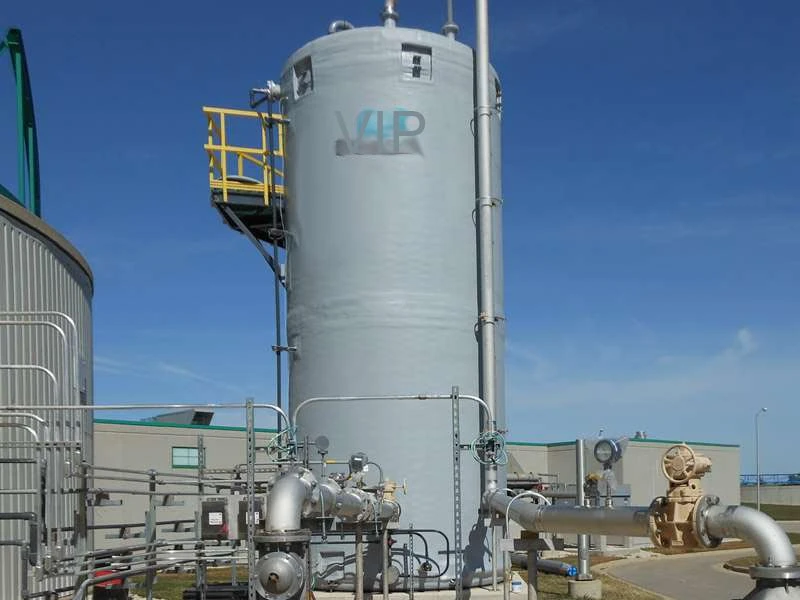
-
 Afrikaans
Afrikaans -
 Albanian
Albanian -
 Amharic
Amharic -
 Arabic
Arabic -
 Armenian
Armenian -
 Azerbaijani
Azerbaijani -
 Basque
Basque -
 Belarusian
Belarusian -
 Bengali
Bengali -
 Bosnian
Bosnian -
 Bulgarian
Bulgarian -
 Catalan
Catalan -
 Cebuano
Cebuano -
 China
China -
 China (Taiwan)
China (Taiwan) -
 Corsican
Corsican -
 Croatian
Croatian -
 Czech
Czech -
 Danish
Danish -
 Dutch
Dutch -
 English
English -
 Esperanto
Esperanto -
 Estonian
Estonian -
 Finnish
Finnish -
 French
French -
 Frisian
Frisian -
 Galician
Galician -
 Georgian
Georgian -
 German
German -
 Greek
Greek -
 Gujarati
Gujarati -
 Haitian Creole
Haitian Creole -
 hausa
hausa -
 hawaiian
hawaiian -
 Hebrew
Hebrew -
 Hindi
Hindi -
 Miao
Miao -
 Hungarian
Hungarian -
 Icelandic
Icelandic -
 igbo
igbo -
 Indonesian
Indonesian -
 irish
irish -
 Italian
Italian -
 Japanese
Japanese -
 Javanese
Javanese -
 Kannada
Kannada -
 kazakh
kazakh -
 Khmer
Khmer -
 Rwandese
Rwandese -
 Korean
Korean -
 Kurdish
Kurdish -
 Kyrgyz
Kyrgyz -
 Lao
Lao -
 Latin
Latin -
 Latvian
Latvian -
 Lithuanian
Lithuanian -
 Luxembourgish
Luxembourgish -
 Macedonian
Macedonian -
 Malgashi
Malgashi -
 Malay
Malay -
 Malayalam
Malayalam -
 Maltese
Maltese -
 Maori
Maori -
 Marathi
Marathi -
 Mongolian
Mongolian -
 Myanmar
Myanmar -
 Nepali
Nepali -
 Norwegian
Norwegian -
 Norwegian
Norwegian -
 Occitan
Occitan -
 Pashto
Pashto -
 Persian
Persian -
 Polish
Polish -
 Portuguese
Portuguese -
 Punjabi
Punjabi -
 Romanian
Romanian -
 Russian
Russian -
 Samoan
Samoan -
 Scottish Gaelic
Scottish Gaelic -
 Serbian
Serbian -
 Sesotho
Sesotho -
 Shona
Shona -
 Sindhi
Sindhi -
 Sinhala
Sinhala -
 Slovak
Slovak -
 Slovenian
Slovenian -
 Somali
Somali -
 Spanish
Spanish -
 Sundanese
Sundanese -
 Swahili
Swahili -
 Swedish
Swedish -
 Tagalog
Tagalog -
 Tajik
Tajik -
 Tamil
Tamil -
 Tatar
Tatar -
 Telugu
Telugu -
 Thai
Thai -
 Turkish
Turkish -
 Turkmen
Turkmen -
 Ukrainian
Ukrainian -
 Urdu
Urdu -
 Uighur
Uighur -
 Uzbek
Uzbek -
 Vietnamese
Vietnamese -
 Welsh
Welsh -
 Bantu
Bantu -
 Yiddish
Yiddish -
 Yoruba
Yoruba -
 Zulu
Zulu
cpvc frp pipe a reliable choice for industrial applications ...
CPVC FRP Pipe A Reliable Choice for Industrial Applications
In the realm of industrial piping systems, selecting the right material is crucial for ensuring efficiency, durability, and safety. Among the various options available, CPVC (Chlorinated Polyvinyl Chloride) FRP (Fiber Reinforced Plastic) pipes have emerged as a reliable choice for a wide range of applications. This innovative piping solution offers distinct advantages that make it suitable for various industries, including chemical processing, wastewater treatment, and construction.
One of the primary benefits of CPVC FRP pipes is their superior corrosion resistance. Industries that utilize aggressive chemicals often face significant challenges with traditional materials, which may corrode or degrade over time. CPVC FRP pipes, on the other hand, are inherently resistant to corrosive substances, making them an excellent choice for chemical handling applications. This property not only extends the lifespan of the piping system but also reduces maintenance costs significantly.
Additionally, CPVC FRP pipes possess an impressive ability to withstand a wide range of temperatures. They can effectively handle both high and low temperatures, making them ideal for environments subjected to thermal cycling. This thermal stability ensures that the pipes maintain their structural integrity and performance, even under extreme conditions. Consequently, industries that deal with temperature fluctuations can rely on CPVC FRP pipes to deliver consistent results.
cpvc frp pipe a reliable choice for industrial applications ...

Another noteworthy advantage is the lightweight nature of CPVC FRP pipes. Compared to traditional metal pipes, CPVC FRP is much lighter, which simplifies installation and reduces transportation costs. The ease of handling not only speeds up the installation process but also helps in minimizing labor costs. Furthermore, the flexibility of these pipes allows for easier maneuverability in complex piping layouts, enhancing the overall efficiency of the installation process.
In terms of environmental impact, CPVC FRP pipes are a more sustainable option. They are manufactured using processes that minimize waste and energy consumption. Additionally, their long lifespan and resistance to degradation contribute to reduced landfill waste over time. As industries increasingly prioritize sustainability, opting for CPVC FRP pipes can help companies meet their environmental goals.
Moreover, the versatility of CPVC FRP pipes allows them to be used in a multitude of applications beyond chemical processing. They can also be utilized in HVAC systems, plumbing, and various industrial fluid transfer systems. This adaptability ensures that industries can rely on a single type of piping material for multiple applications, further enhancing operational efficiency.
In conclusion, CPVC FRP pipes stand out as a reliable choice for industrial applications due to their corrosion resistance, thermal stability, lightweight nature, and environmental sustainability. As industries continue to seek innovative solutions that enhance performance and reduce costs, the adoption of CPVC FRP pipes is likely to grow, solidifying their place as a vital component in modern industrial operations. Whether for chemical processing, wastewater treatment, or any other application, CPVC FRP pipes offer a compelling solution for today’s demanding industrial environments.









